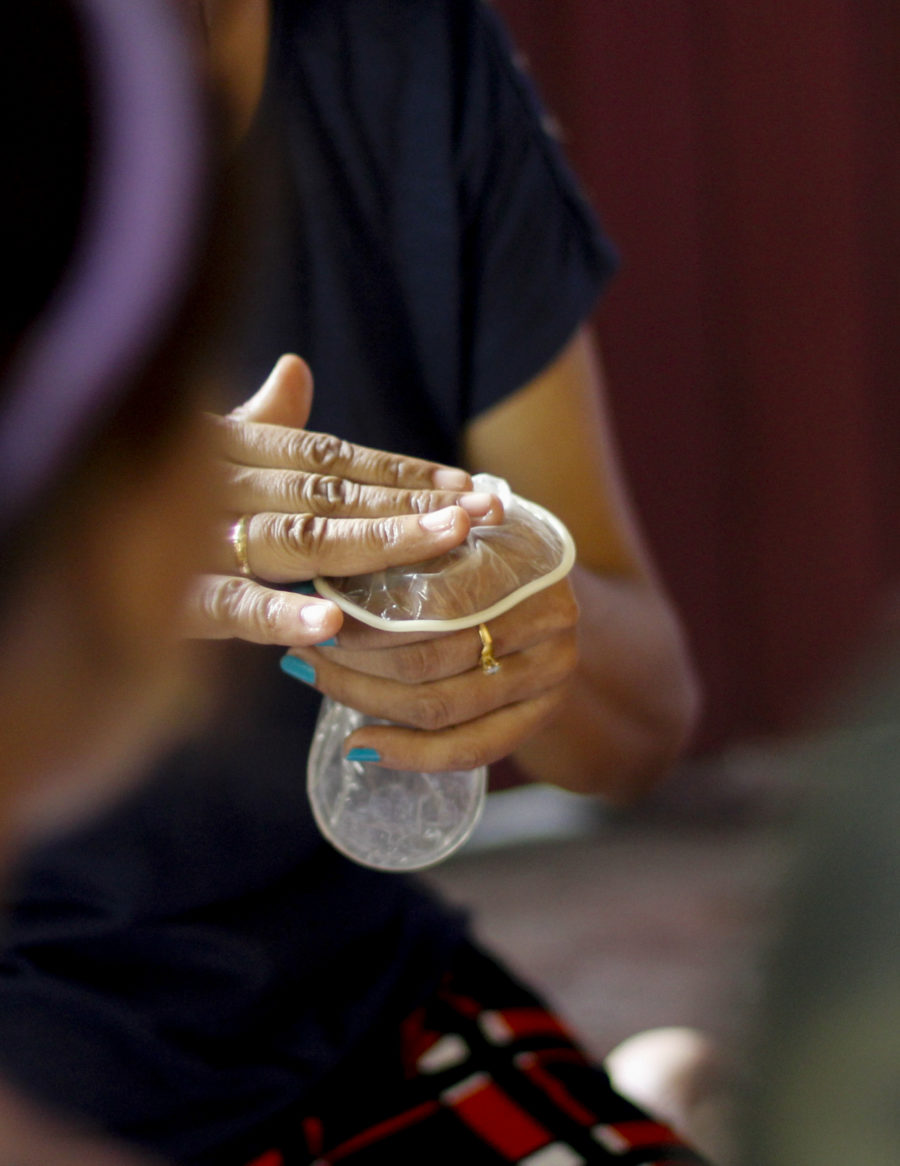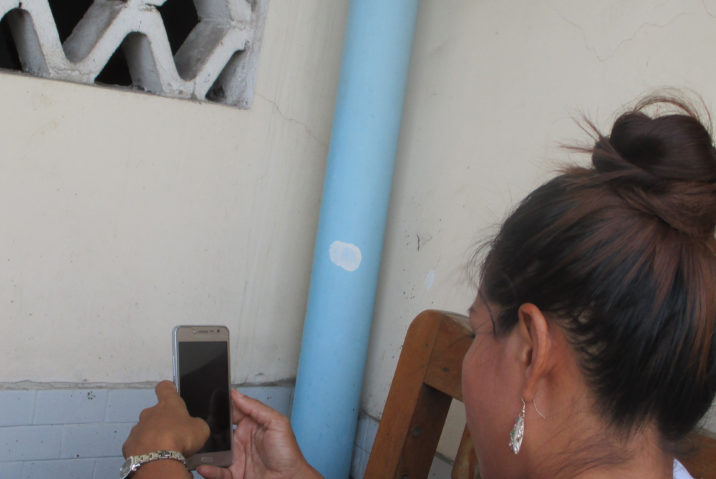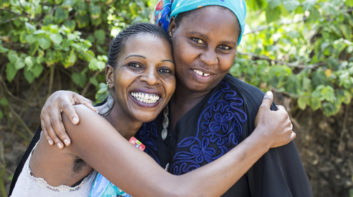
HIV prevention
New HIV infections remain stubbornly high at approximately 1.7 million every year. Access to HIV prevention services should be a universal right.
If we want a future free from AIDS for everyone, everywhere, it starts with prevention.
Advances in antiretroviral treatment (ART) mean that fewer people are dying from AIDS-related illnesses. And yet, the number of new HIV infections every year remains stubbornly high at approximately 1.7 million in 2019. Around 62% of these new infections were among key populations and their sexual partners – up from 54% the previous year.
Access to HIV prevention services should be a universal right but too many people are marginalised and left behind by national prevention programmes.
That’s where we come in.
OUR APPROACH
We work with communities to develop prevention programmes that are tailored to their specific needs. Making the best use of tradition and innovation, we support the provision of prevention interventions that decrease the number of new HIV infections. We do this by combining three categories of prevention strategies:
- Biomedical prevention – e.g. providing condoms and clean syringes and access to HIV medicines
- Behavioural prevention – e.g. encouraging safer behaviours
- Structural prevention – e.g. promoting legal and social change.
HOW WE DO IT
Around the world, our prevention projects are helping to protect more people from the risk of HIV.
OUR IMPACT
We’re proud of the work we do. In 2019 we:
- Provided HIV prevention services to more than 5.1 million people.
- Our services included provision of condoms & lubricant, information on HIV, provision of clean syringes, access to male circumcision and to HIV drugs to prevent HIV infection, risk reduction counselling and many more.
- Published a series of HIV prevention shadow reports which provide an assessment of how seven countries are progressing against the 10-point action plan outlined in the Global HIV Prevention 2020 Road Map. Countries included: Kenya, Malawi, Mozambique, Nigeria, Uganda, Ukraine and Zimbabwe.

HOW OUR WORK HELPS MA NWE
Meet Ma Nwe. She’s a former sex worker from Myanmar. Unwilling to accept the constant threat of discrimination, criminalisation and violence she set up her own organisation to help protect the health and human rights of other sex workers.
Her efforts led her to a Frontline AIDS partner for whom she now works as a community advocate, supporting other sex workers with sexual health education, medical support and sexual and reproductive health and rights training. She also works with the police and pimps to improve their understanding of human rights.
“Sex workers are not criminals,” says Ma. “We can be at the forefront of fighting the AIDS epidemic.”
Will you help us end aids?
I would like to make a donation of:
Please enter the amount you would like to donate, ie: '10.00'



